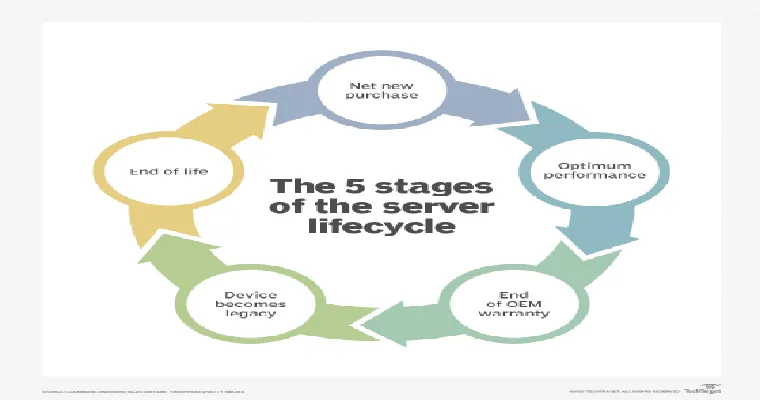The "hospice" care industry is facing significant challenges as the influence of "private equity" firms becomes increasingly pervasive. Recent reports, including a detailed analysis from The Guardian, highlight how the prioritization of profit over patient care is compromising the very essence of hospice services. With a focus on financial returns, these firms are reshaping the landscape of end-of-life care, raising serious concerns for patients and families alike.
Private equity firms have a reputation for acquiring struggling businesses with the intent to streamline operations and boost profitability. In the case of hospice care, this approach often translates to aggressive cost-cutting measures, which can include reducing staffing levels and limiting essential services. Such actions not only jeopardize the quality of "care" provided but also place a heavy burden on the remaining staff, who are often overwhelmed and under-resourced.
Another critical aspect of the issue is the shift in priorities that occurs when private equity takes over hospice facilities. Instead of focusing on compassionate "end-of-life care", these firms tend to emphasize financial metrics and rapid returns on investment. This shift can lead to a decline in the quality of care, as decisions become driven by profit motives rather than the needs of patients and families. The result is a system that may prioritize efficiency over empathy, undermining the core values of hospice care.
Furthermore, the influx of private equity into the hospice sector has led to increased consolidation, resulting in fewer independent providers. This consolidation can diminish competition and lead to a standardization of care that does not account for the unique needs of individual patients. Families seeking personalized, compassionate care may find themselves with limited options, facing facilities that prioritize their bottom line over their well-being.
The financial strain on hospice services caused by private equity involvement is also evident in the increasing costs to families. Many hospices are now charging higher fees for services that were once covered by insurance or provided at little to no cost. This shift places an additional burden on families during an already difficult time, forcing them to navigate complex financial decisions while caring for a loved one.
Advocates for hospice care are raising alarms about the long-term implications of private equity's growing presence in the industry. They argue that without significant reforms and oversight, the quality of hospice care will continue to deteriorate, leaving vulnerable patients and their families without the compassionate support they need.
In conclusion, the encroachment of private equity into hospice care is a troubling trend that threatens to undermine the very foundations of this vital service. As the industry grapples with these challenges, it is essential for stakeholders to advocate for policies and practices that prioritize patient care over profit. Only by restoring the core values of hospice can we ensure that this critical service remains a source of comfort and dignity for those facing the end of life.





